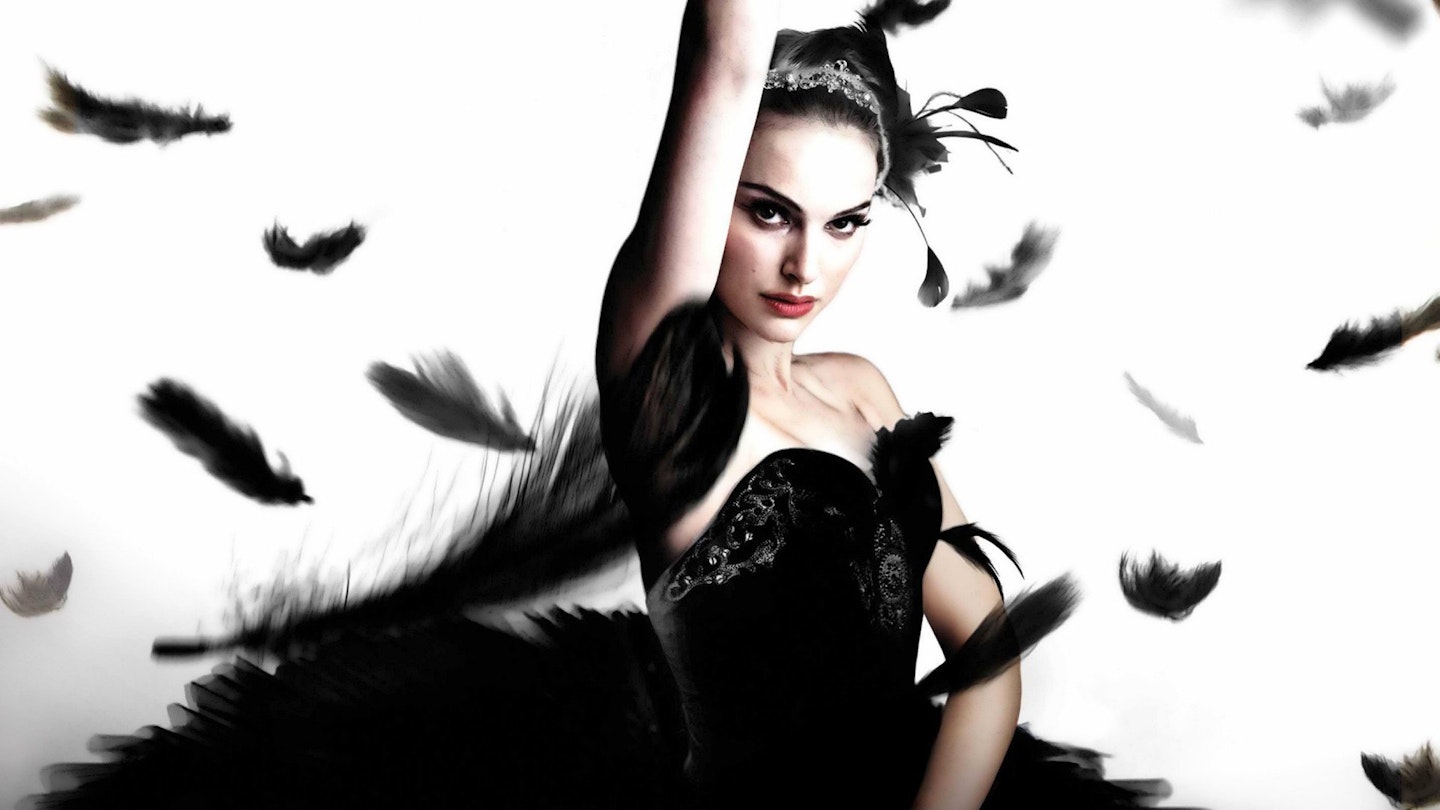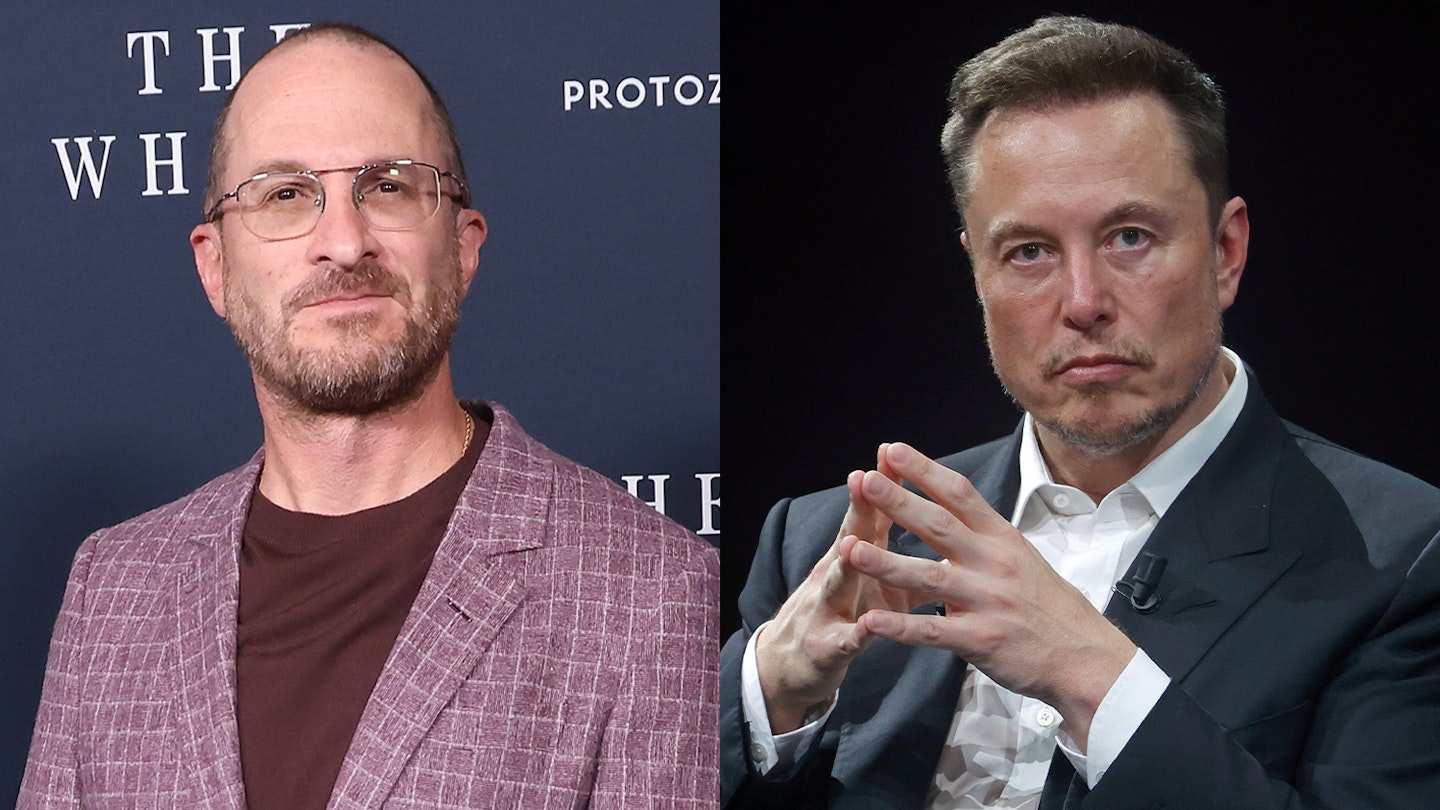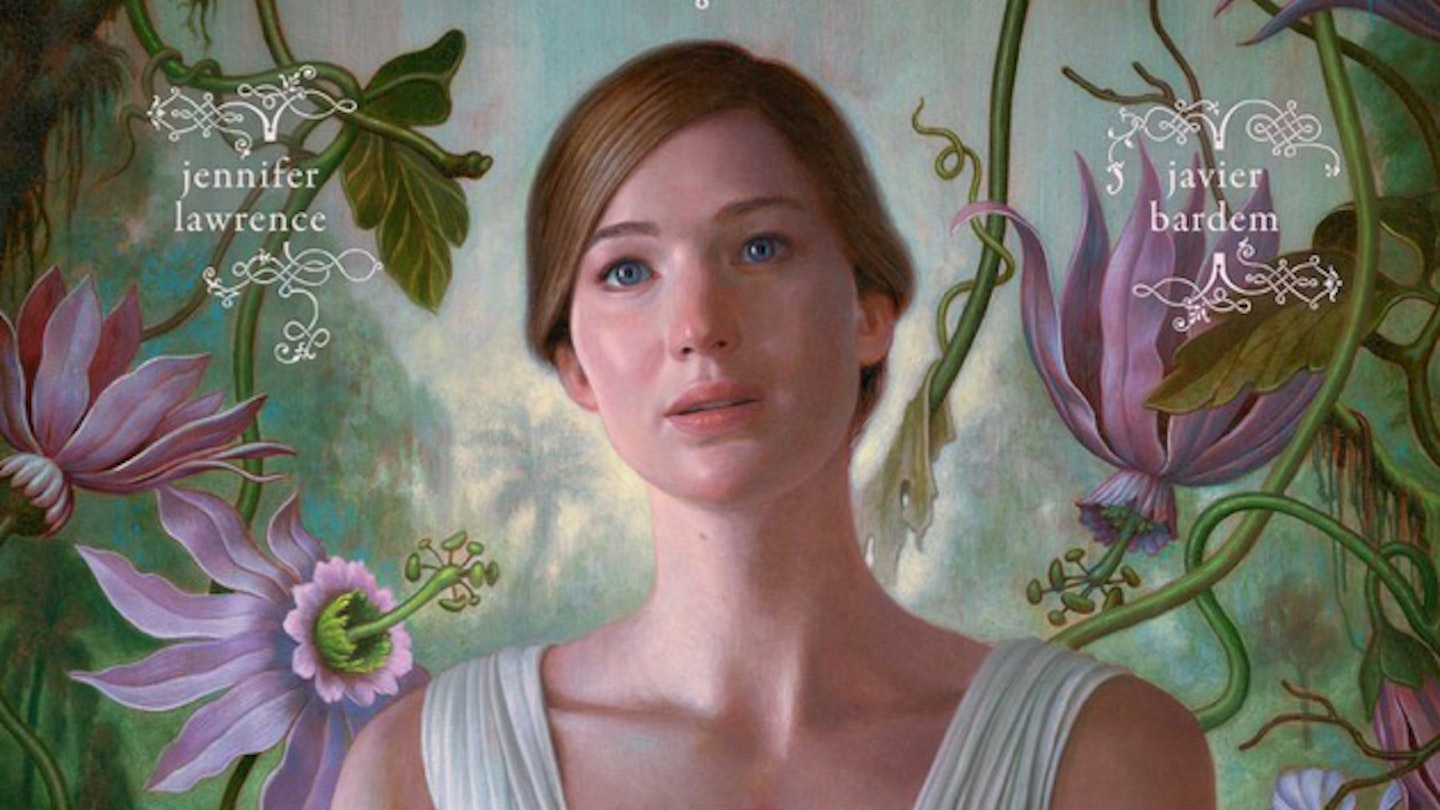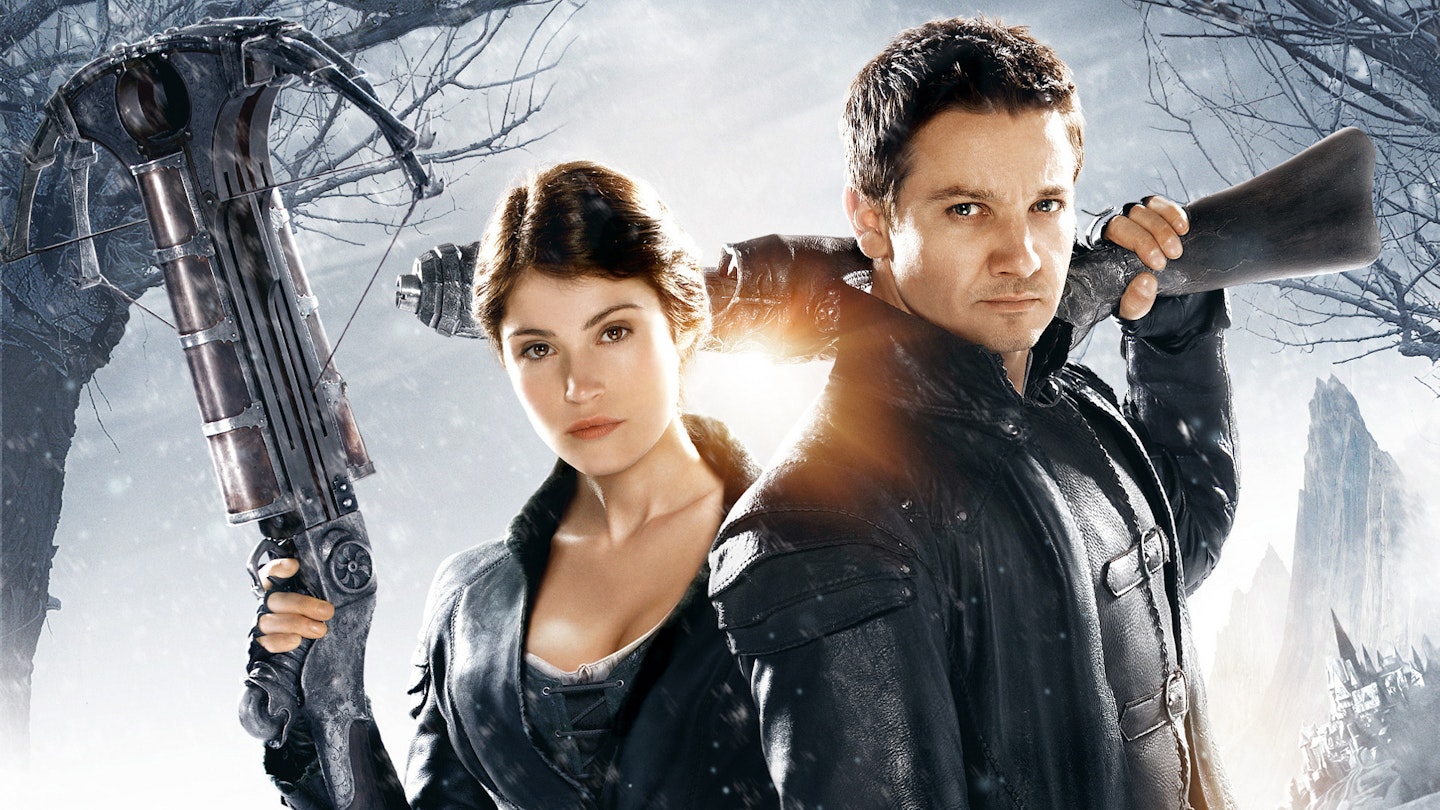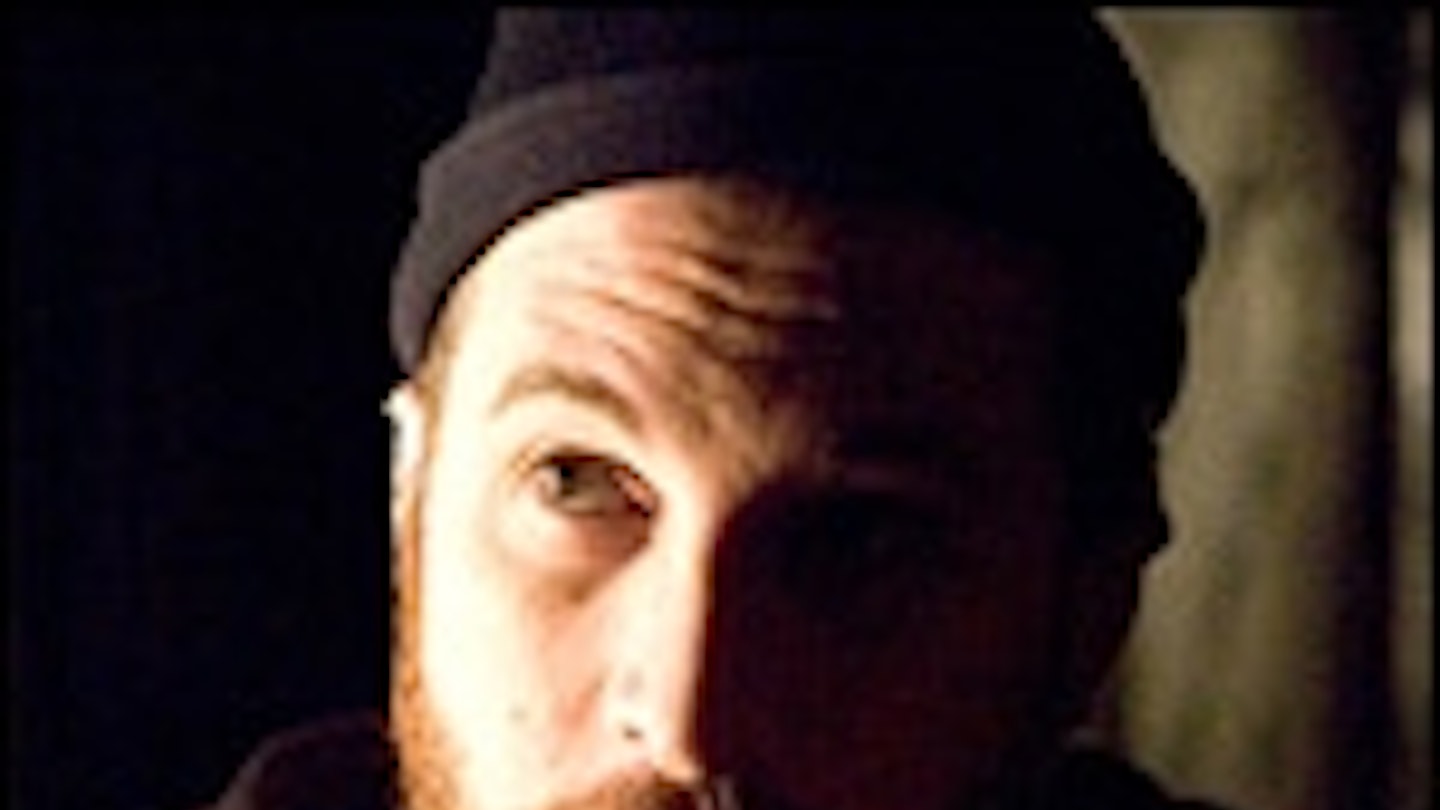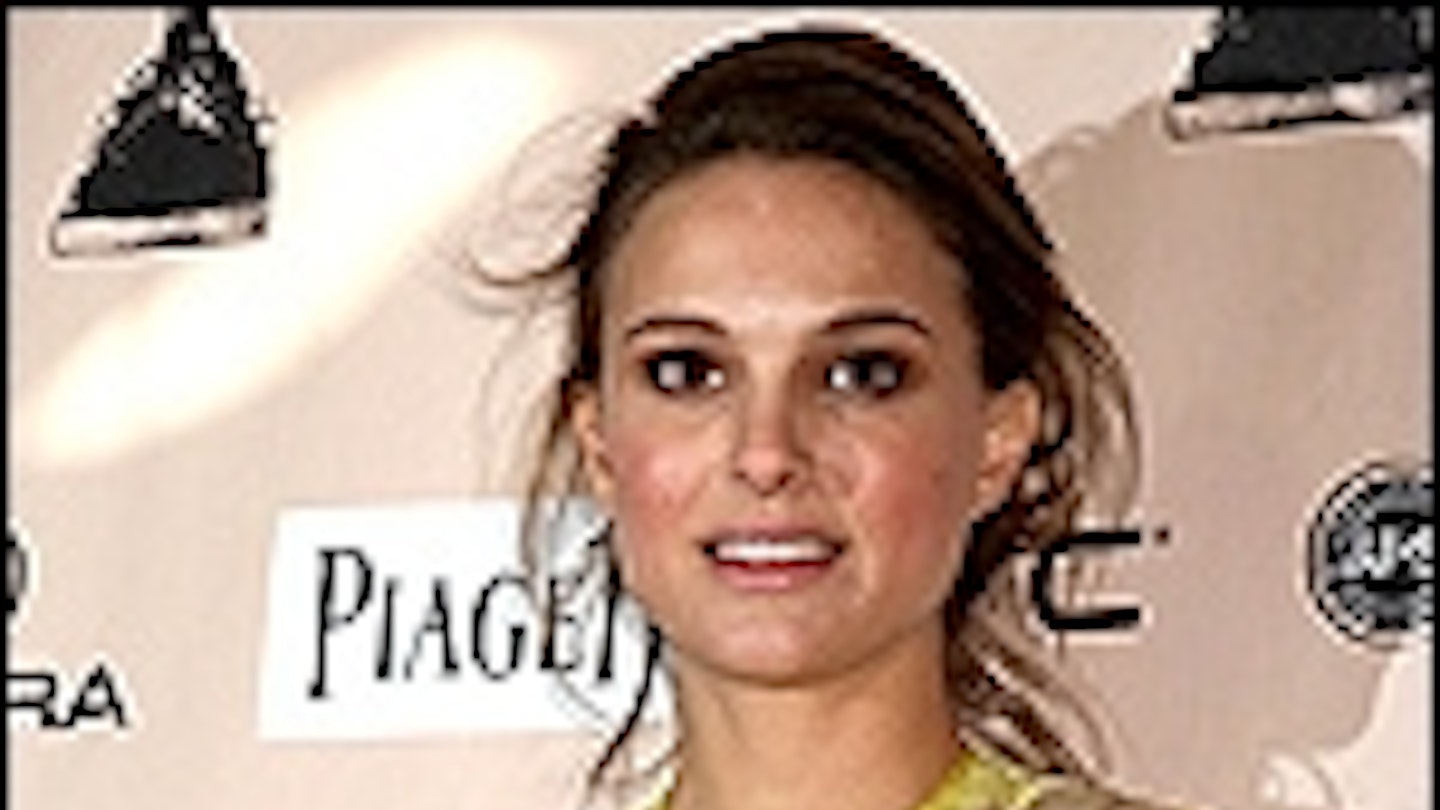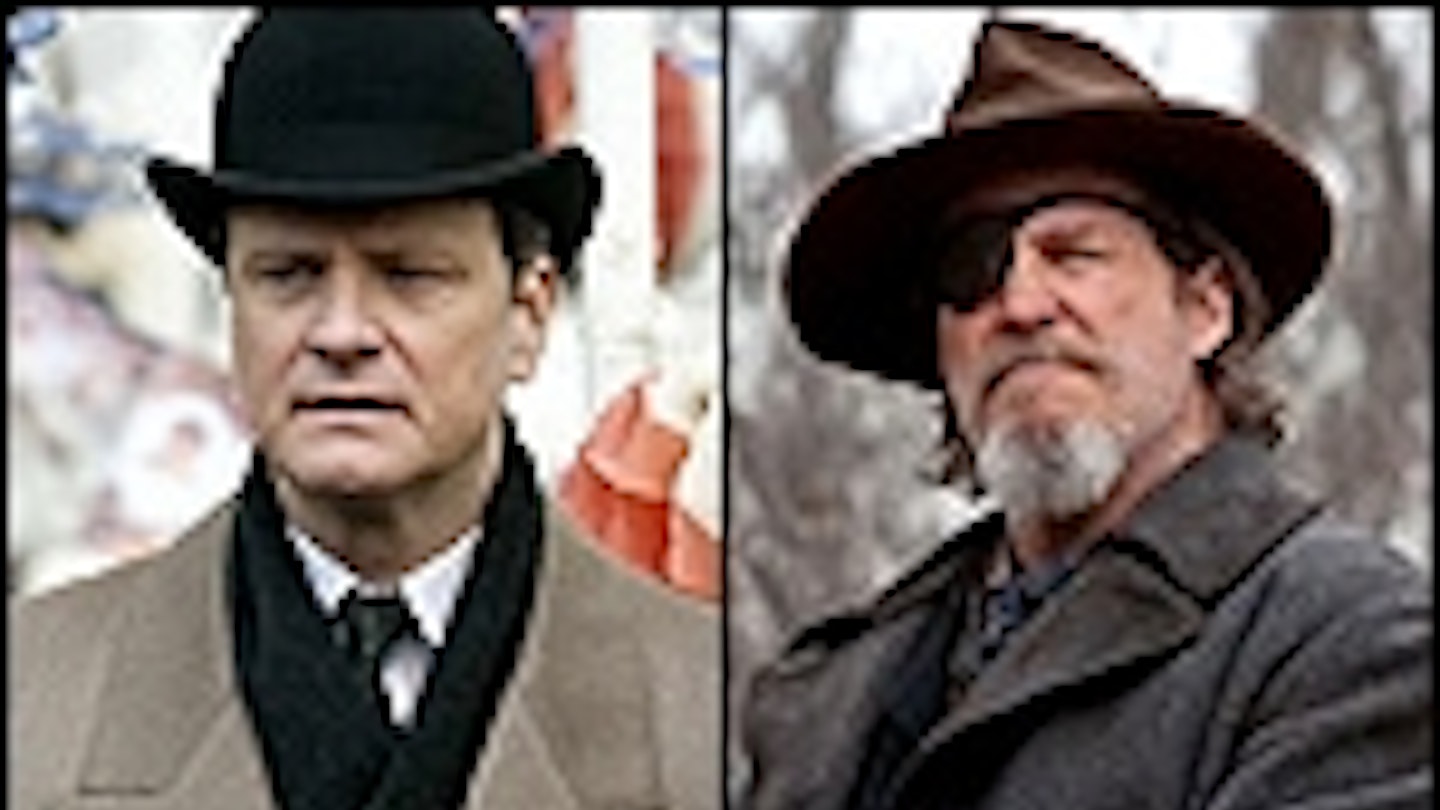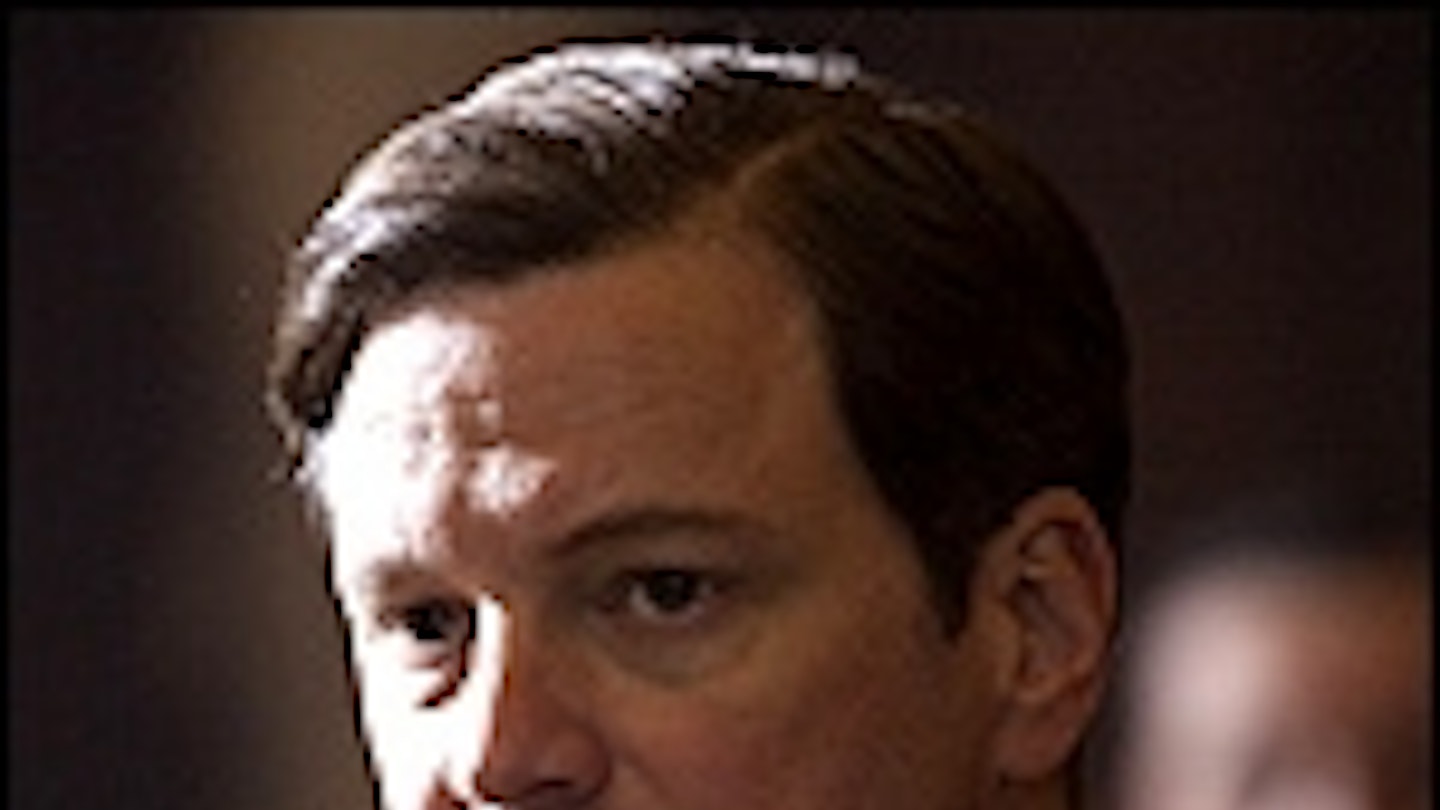Darren Aronofsky has made no secret of the fact that Black Swan is very much a companion-piece to his 2008 Oscar-contender The Wrestler. And, despite its seemingly more refined and rarefied subject-matter, so it proves: these two movies indeed have more in common with each other than Black Swan does with, say, Powell and Pressburger’s ne plus ultra of ballet movies, The Red Shoes, or even the similarly themed All About Eve.
Both Black Swan and The Wrestler play out largely in grungey, backstage interiors — here typified by Nina’s (Natalie Portman) spartan breezeblock-walled dressing room, closer to The Wrestler’s sweat-drizzled gyms than you might imagine. Both exhibit fascination with specialist professions (based in East Coast locations), and lavish attention on little, arcane rituals, such as Nina repeatedly scoring the soles of her pointe shoes to give them more flex (a distant echo of Mickey Rourke’s ‘Ram’ razoring his own face with a hidden blade to create a crowdpleasing bleed). Both also divine drama — not to mention several squirm ’n’ wince moments — from the potentially crippling physical challenges of those professions, and make much of the resulting tension between age and ambition. Both are shot mostly handheld, with a single camera, Aronofsky favouring personal-space-invading over-the-shoulder angles. And both are, to some degree, the study of a face; the director moving away from the ravaged crags of Mickey Rourke’s bad-history-etched visage to the virgin territory of Portman’s smooth, glassy slopes.
To some degree, yes, Aronofsky is repeating the same tricks, but no more than Martin Scorsese did with Casino and GoodFellas. And it’s not like he’s trying to narrowly reinvent himself as some kind of stripped-down semi-documentarian. In Black Swan there’s also the psyche-searing distress that cut through his debut, Pi, while in its eerie polymorphic scenes you sense shades of The Fountain. There Hugh Jackman’s conquistador fatally sprouted flowers; here Portman erupts feathers.
With its under-the-counter trade in body horror — the bone-fracturing realities insidiously supplanted by arguably over-literal daymares of toes fusing into webbed fowl feet and dark down jabbing through skin — Black Swan has proven unpalatable to many critics, also turned off by both the familiarity of its backstage-rivalry rhythms and its thick laying on of doppelgänger antics. Not only does Portman’s Nina, in her natural guise as Tchaikovsky’s innocent princess Odette, encounter herself as a shadowy Odile, but the lines often blur between her and the physically similar Lily (Mila Kunis) — aka the young, talented upstart — and Beth (Winona Ryder) — the older, usurped prima ballerina. Meanwhile, the significance of mirrors, which hang somewhere in almost every scene, will be overlooked by few.
As with even the best work of David Cronenberg or Brian De Palma (both of whom this film owes a debt), Black Swan certainly won’t be to everyone’s taste. And it’s by no means perfect; Ryder’s badly masacara’d harridan sadly strikes a bum note, while the script — mainly via Vincent Cassel’s strutting, Machiavellian director — does tend to bang on about the whole White/Black Swan dichotomy. But that by no means prevents it from being yet another impressive offering from one of America’s most exciting directing talents.
Aronofsky pulls off some astonishing visual flourishes, transporting us from the dank claustrophobia of toilet cubicles and dressing rooms to the sheer, light-bathed ecstasy of the stage. He shoots ballet like Scorsese shot boxing in Raging Bull: not from the audience’s point of view, but up close, with a forced intimacy that you’d imagine would subvert its grace, but in
fact somehow enhances it, capturing every little twitch, creak and strain.
Like The Wrestler (again), Black Swan also showcases Aronofsky’s ability to tease career-best turns out of lead actors, in this case Portman. And it’s not just the way she passes so easily as a professional dancer. Sure, to begin with, the role appears to involve more of a literal, physical stretch than the metaphorical sort — Portman herself has always tended more towards White Swan than Black. But as Nina’s psychic dissolution occurs, we see Portman simultaneously at her most vulnerable and her most predatory, at once frostily brittle and raunchily malleable (and we’re not just talking about her sex scene with Kunis), before peaking at the film’s denouement with a raw, alluring showstopper of a performance. It’s not spoiling anything to say that, like The Wrestler (yes, yet again), the film closes with the sound of rapturous applause. And just as with Rourke’s final bow in that movie, in this it couldn’t be more rousingly appropriate.
